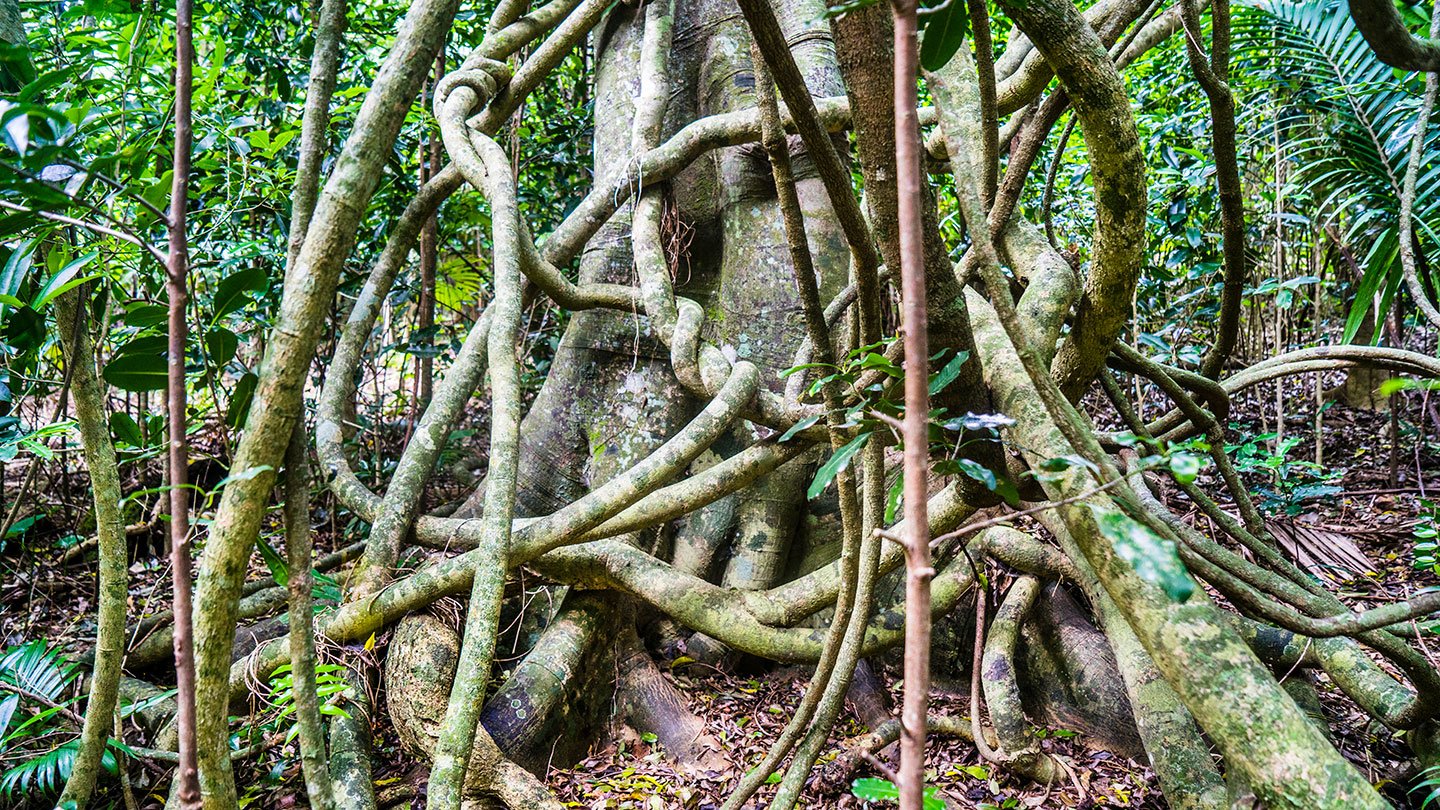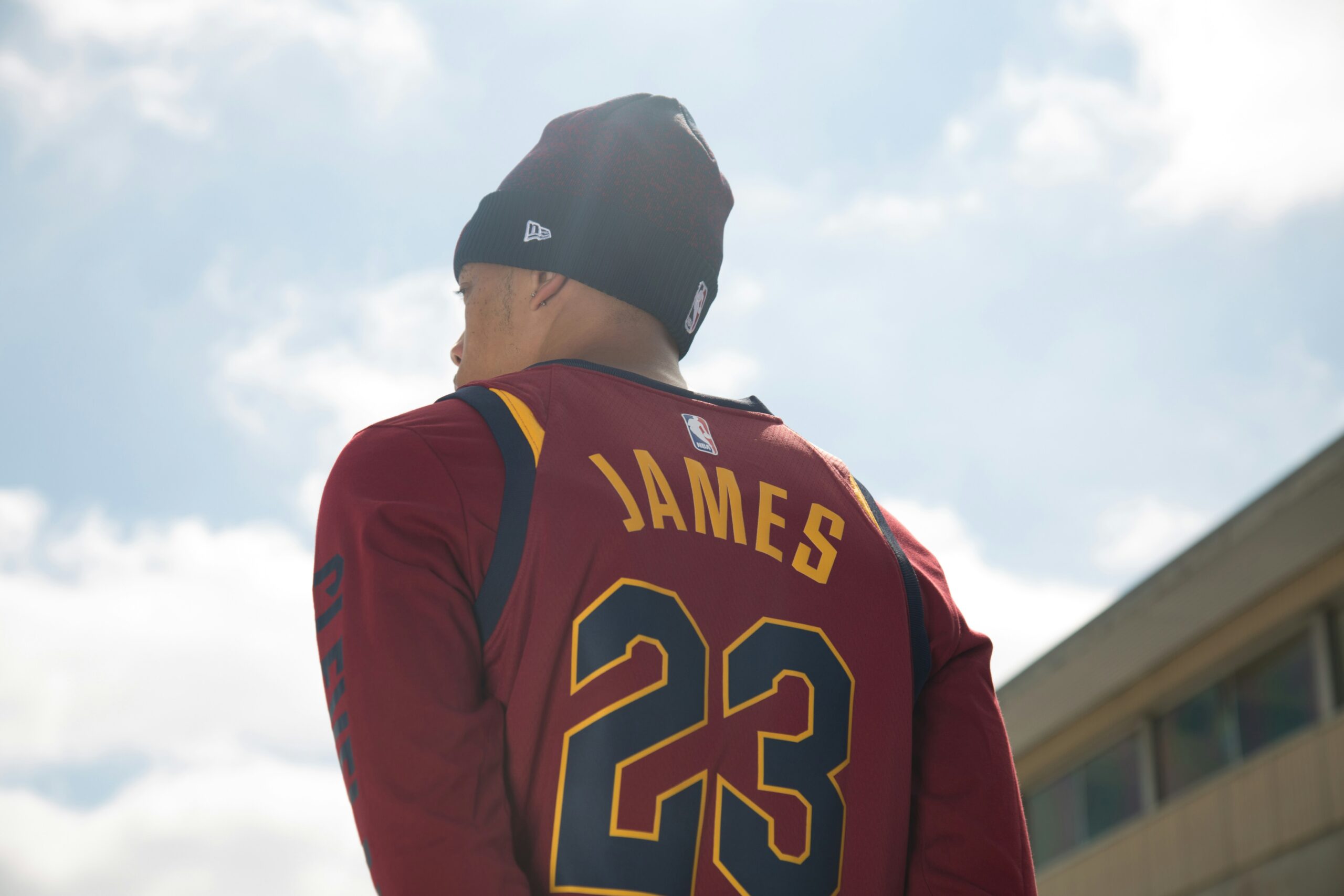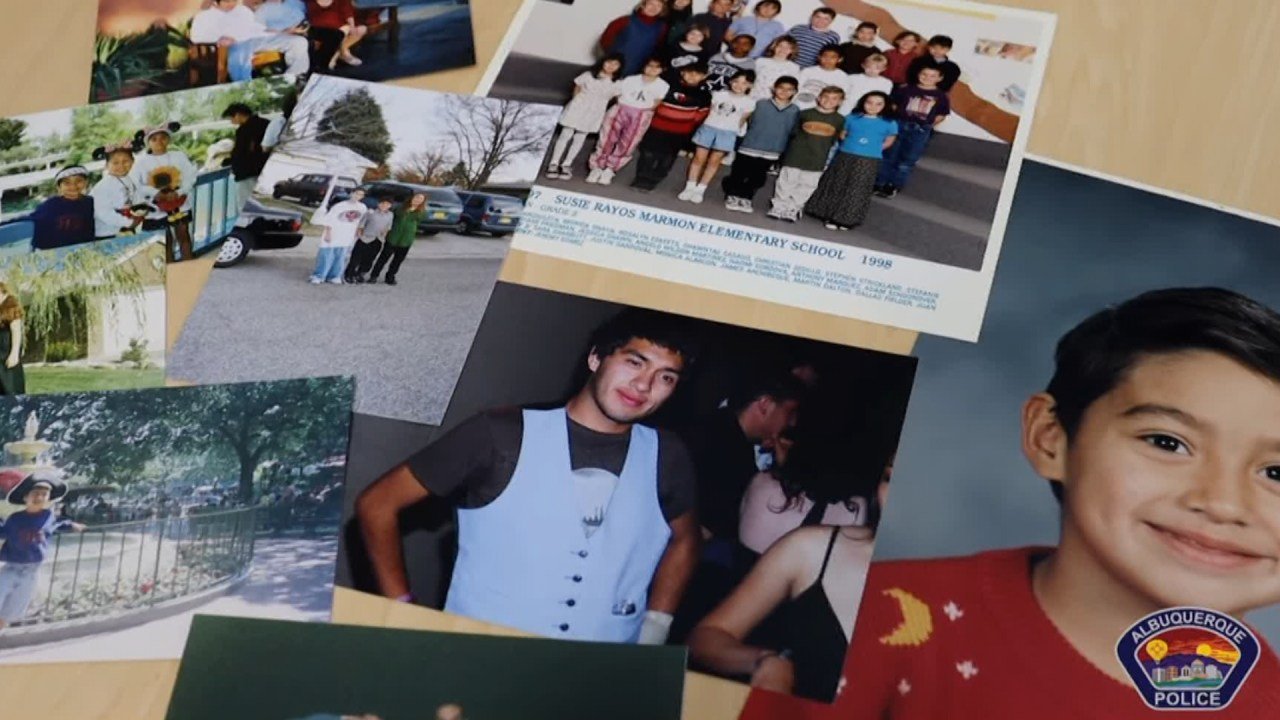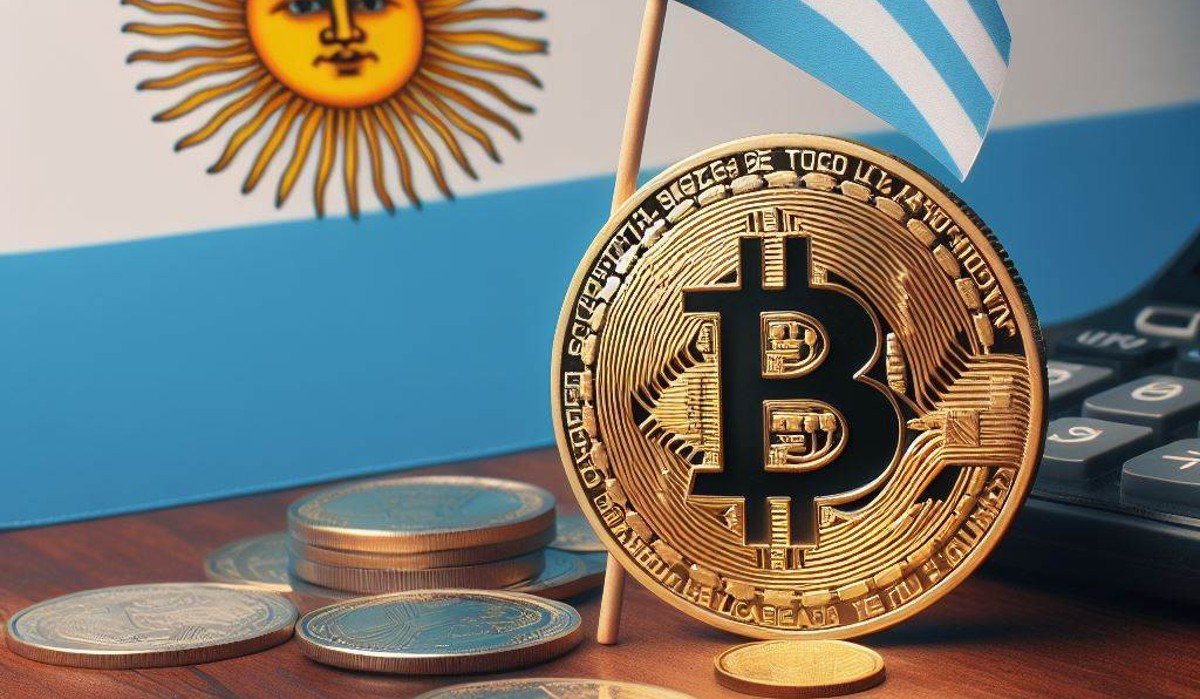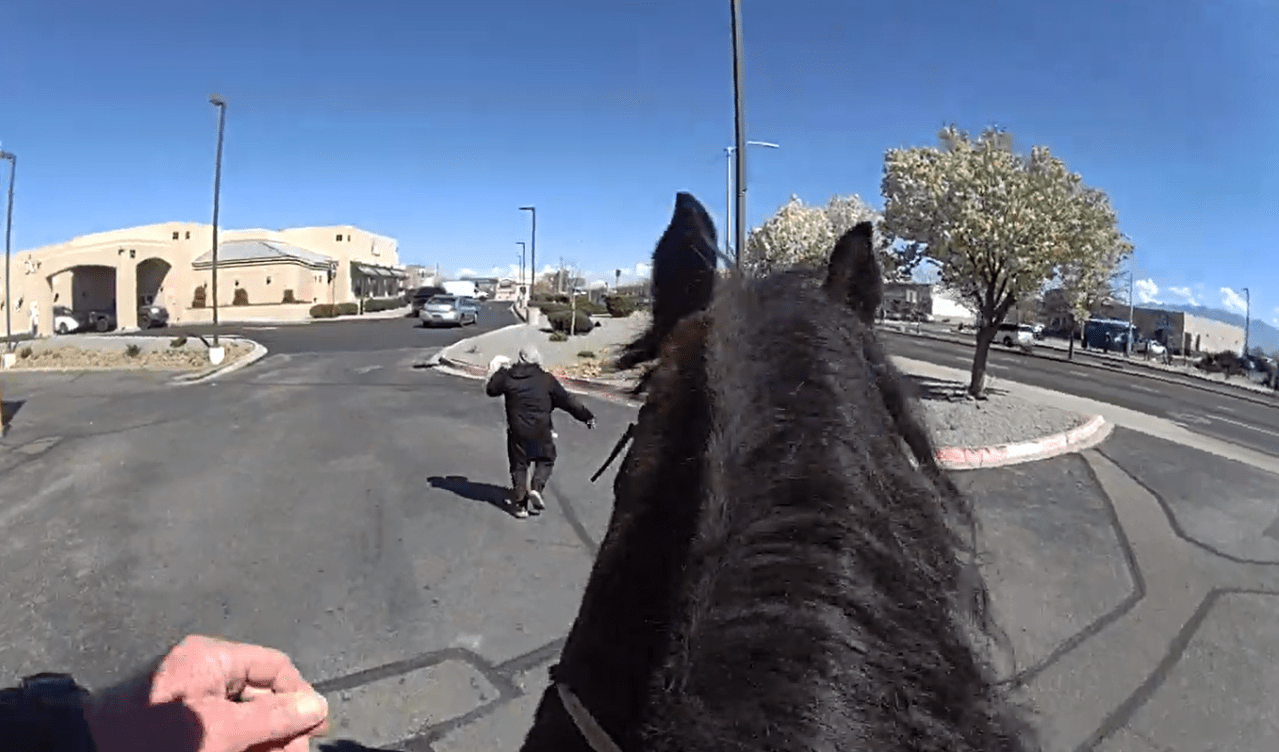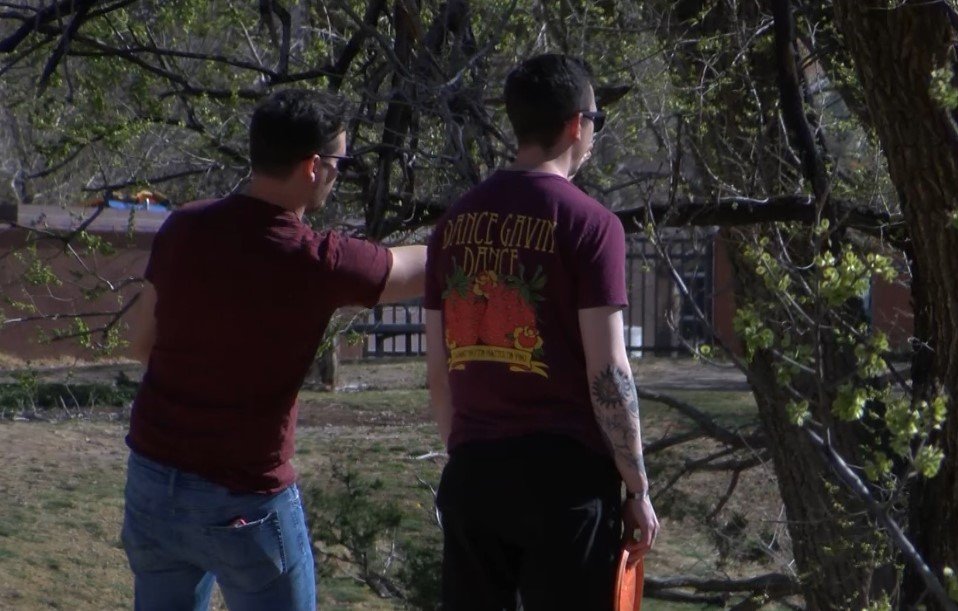Confirmation bias (noun, “kan-fer-me-shun bi-us”)
Confirmation bias is our natural tendency to seek out and believe information that confirms what we already think — and ignore information that doesn’t.
If a piece of information agrees with our beliefs, our instinct is that it is true. We are often happy to learn this information. We tend to overlook any flaws in it. We are more likely to recall it later. And we may be more likely to act on it.
But when we are given information that contradicts or complicates our views, the situation is quite different. Our instinct is to feel defensive and look for errors in information. We tend to forget this information more quickly. And we may be less likely to act on it.

Teachers and parents, sign up for the cheat sheet
Weekly updates to help you use Explore science news In the learning environment
Thank you for signing up!
There was a problem signing you up
Allowing confirmation bias to control how we process new information can be dangerous. For example, people naturally want to read news that confirms their existing beliefs. But it can make it easier for people to fall for fake news.
Combating our confirmation bias is especially difficult online. Social media sites tend to connect us with people who already think like us And algorithms populate our feeds with content we like based on our past activity. But there are ways to combat confirmation bias in our lives.
Simply acknowledging this bias is a key step. Also, try to find facts that you disagree with. Approach the information with an open mind, rather than trying to punch holes in it immediately. Similarly, talk to people you disagree with. Try to listen to them without being defensive.
It can be difficult to express yourself with a point of view you disagree with. But nobody is right all the time. And there are real upsides to realizing you might be wrong. Confirmation bias can lead you astray.
in one sentence
We can combat data bias by conducting experiments using the scientific method.
See full list Scientists say.



